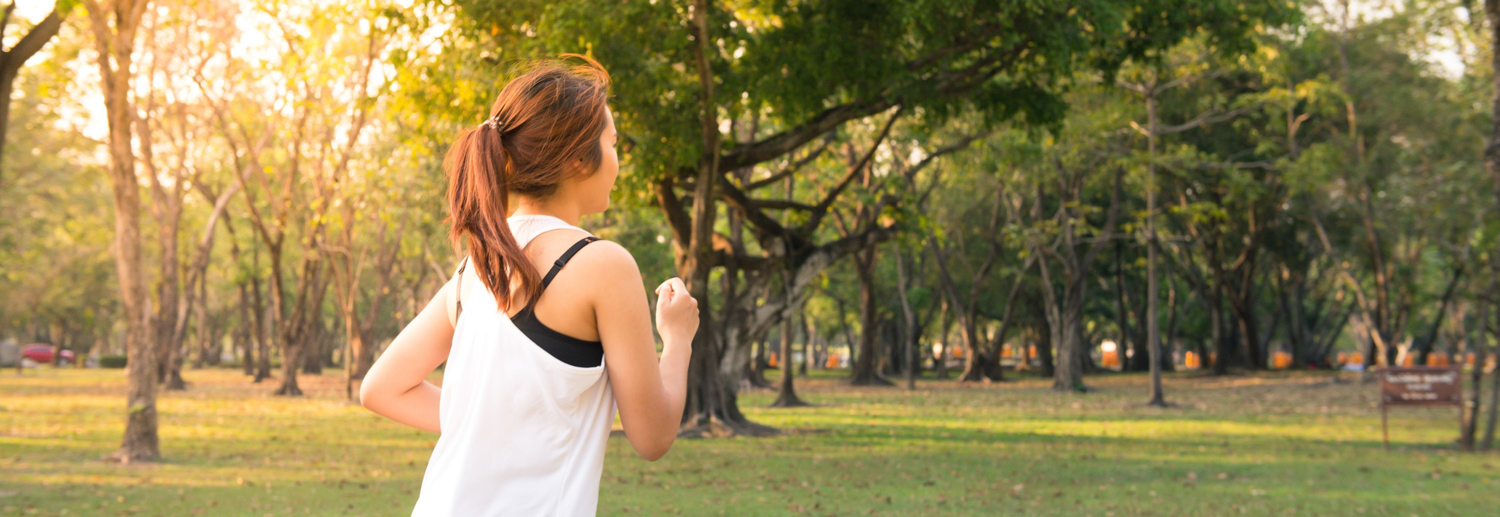
Staying physically active and keeping to a healthy lifestyle can be challenging for most of us at the best of times. The coronavirus pandemic has only made things more difficult as we have had to socially distance ourselves and spend most of our time indoors.
The need for us to look after our bodies is now even more important and challenging during this temporary period. Without additional effort we may find ourselves become more sedentary and pick up unhealthy habits.
The physical benefits
Even stretching results in these benefits:
- Maintaining physical resilience: generally speaking, our body’s response to fight the virus is through our immune system. The immune system ranges from physical barriers such as the integrity of our skin to our antibodies: that adapt to and fight off infections.
- Better circulation: to get the blood and immune cells around the body to where it is needed for regeneration and repair, but also get cell waste products away from cells and eliminated from the body.
- Stronger bones and joints: helps keep the skeleton in optimum position by improving the posture resulting in fewer aches and pains and better balance.
- Cortisol regulation: helps to maintain essential functions and regulation.
- Weight regulation: maintaining a healthy weight means less work for lungs and heart when undertaking daily activities.
- Better sleep: sleep is important for restoration of the body – for cell repair to help maintain the integrity of our immune system and general health.
Mental health benefits
Research from previous epidemics has shown that quarantine can result in high levels of psychological distress.
- For control: to control what we can control is an important resilience technique.
- For resilience: exercise can be using in coping strategies when addressing mental health problems.
- For a ‘physiological feel good’: exercise releases endorphins, a natural chemical that makes us feel good.
- Reduced cortisol release: cortisol is a naturally occurring chemical that is released in the stress response and constitutes some of the symptoms experienced.
- Reduces mental fatigue.
- Improves sleep: better sleep reduces poor mental health and exacerbations of poor mental health.
- Exercise is part of the evidenced based treatment for depression and anxiety.
The following resources are focused on helping you during the current situation:
Advice from the Jaguar Land Rover Wellbeing site
Advice from the NHS
Advice from the World Health Organisation (WHO)
Advice from the American College of Sports Medicine
Staying Active During COVID-19
Note: look out for the helpful summary PDF on this page!



